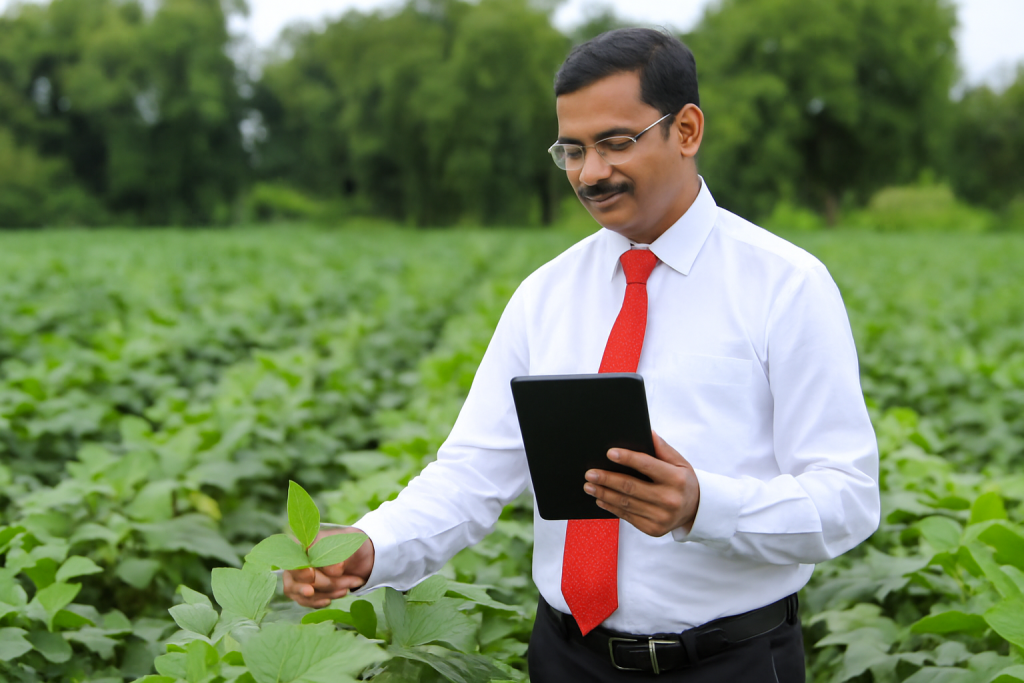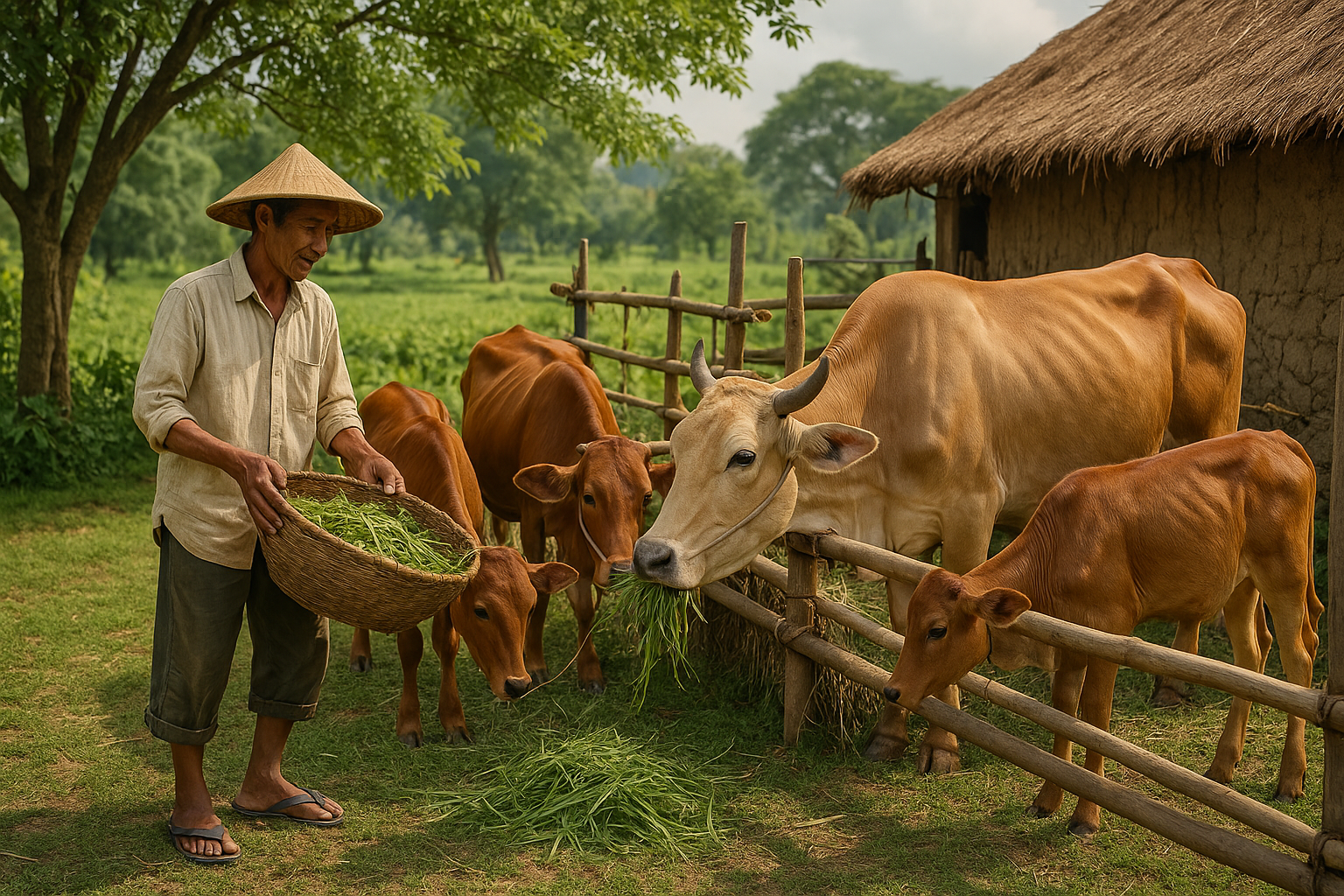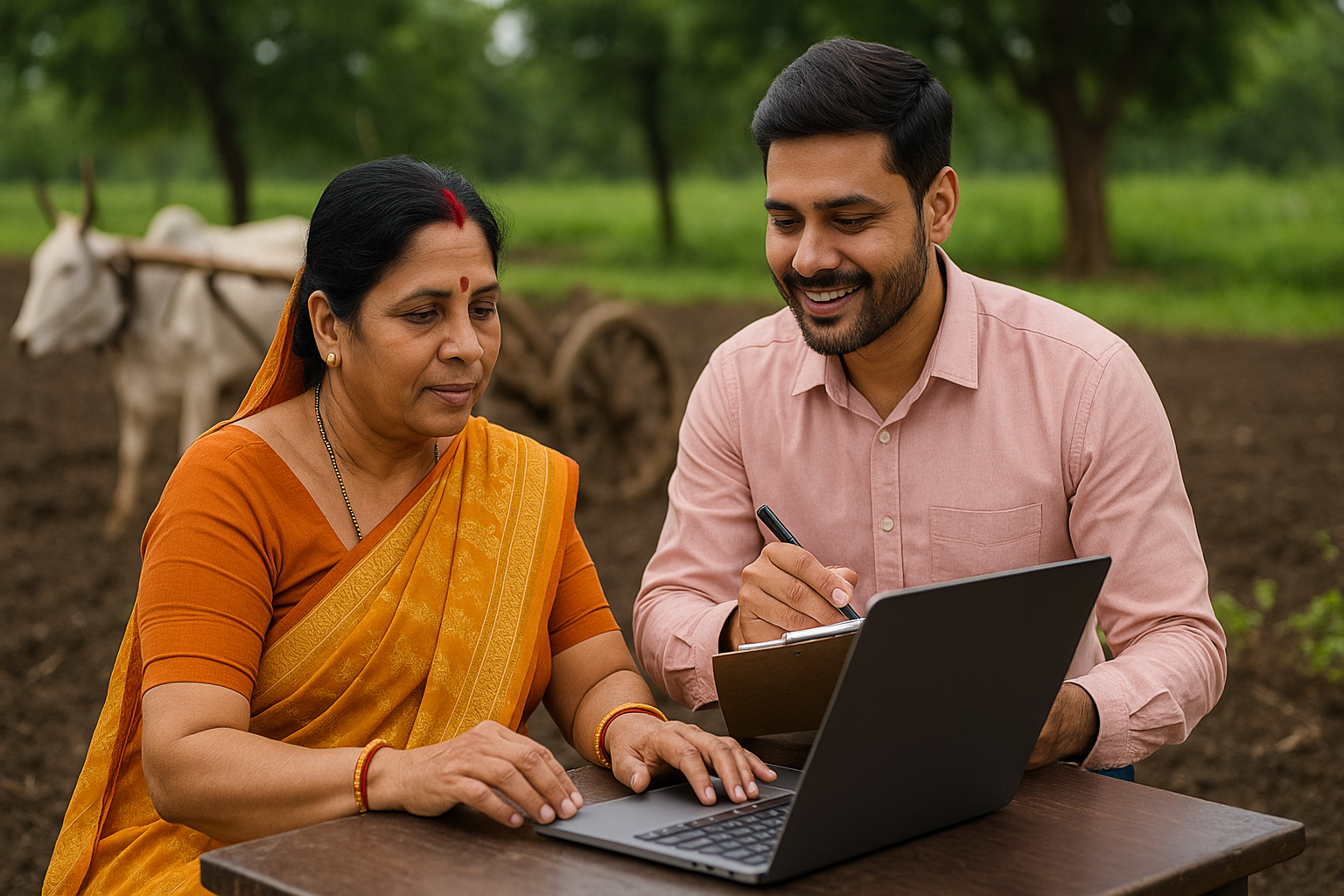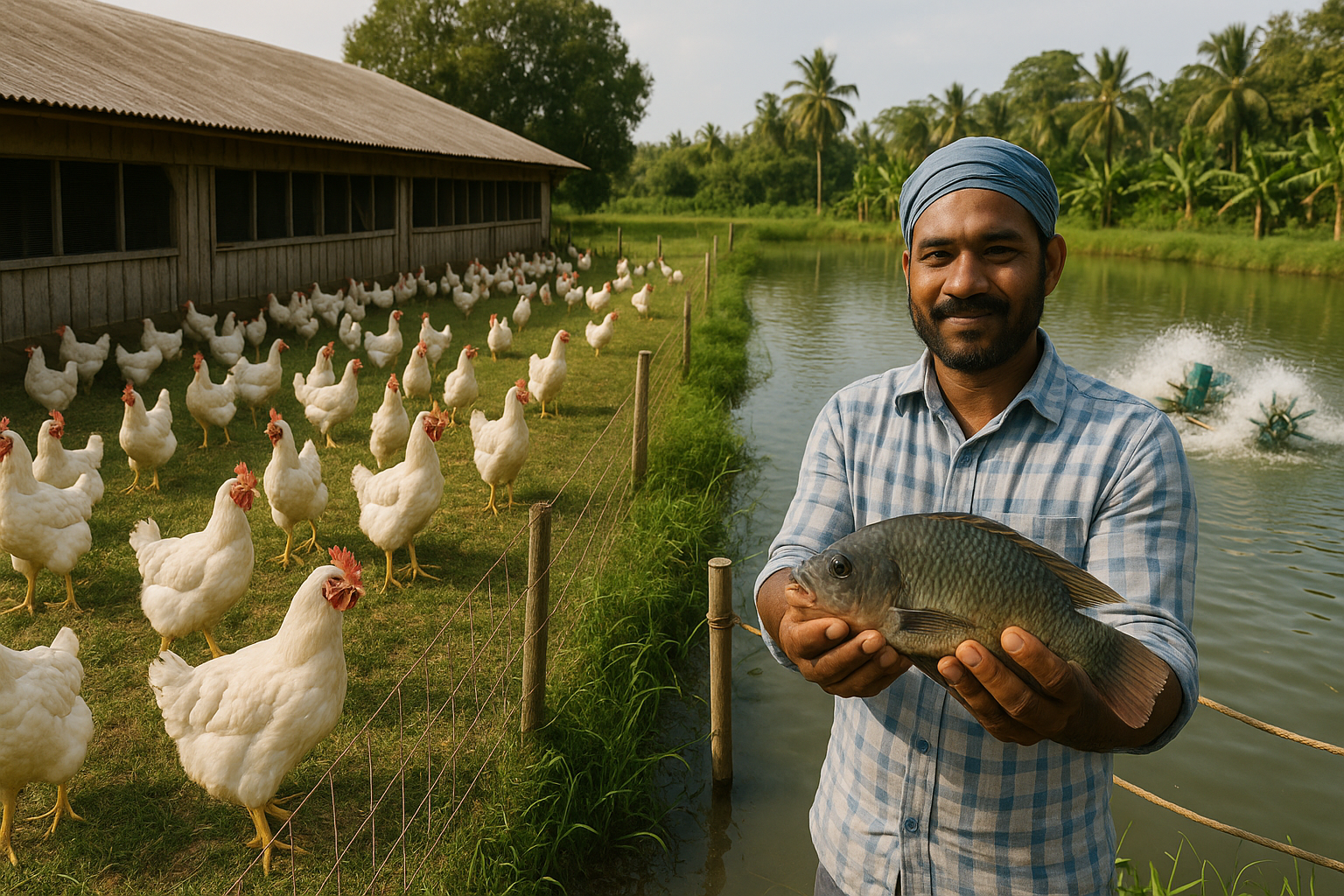As Indian agriculture enters a new era driven by innovation and sustainability, the role of technology in farming is more critical than ever. According to Dr. Neha Deshmukh, an agribusiness strategist and former advisor to multiple agri-tech startups, the next agricultural revolution in India will be defined not by tractors and fertilizers, but by data, drones, and digital platforms.
“Agri-tech is no longer a luxury for progressive farmers; it is becoming a necessity for survival,” says Dr. Deshmukh in an exclusive interview. With over 15 years of experience in agricultural policy and business development, she has worked closely with stakeholders from smallholder farmers to multinational agribusiness firms.

📈 The Shift in Mindset
Dr. Deshmukh notes that the biggest challenge isn’t access to technology—but changing the mindset of the ecosystem. “Farmers are often seen as reluctant to adopt new practices, but the truth is, they adopt quickly when the benefits are visible, affordable, and scalable.”
She points to the rapid growth of Kisan Call Centers, mobile-based weather alerts, and marketplace apps like DeHaat and AgroStar as examples of digital transformation already underway.
🌾 Smallholder-Centric Innovation
India’s agri-tech landscape must remain inclusive, Dr. Deshmukh emphasizes. “Over 85% of Indian farmers are smallholders. Solutions must be low-cost, regional, and multilingual. An app in English with GPS tools won’t help a farmer in Odisha who doesn’t own a smartphone or speak Hindi.”
She highlights the importance of community-based models, where local youth or agri-entrepreneurs serve as tech enablers, bridging the digital divide and creating employment.
🤝 Public-Private Synergy Is Key
Dr. Deshmukh advocates for greater collaboration between the government, startups, and academic institutions. “There’s innovation happening in silos. If startups align with government schemes like PM-KISAN, e-NAM, and FPO promotion, the impact will be exponential.”
She also praises initiatives like the AgriStack project, but cautions against excluding farmers from the decision-making process. “Digital infrastructure must empower farmers, not just extract data.”
🔮 The Road Ahead: Climate and Markets
With climate unpredictability and global market volatility on the rise, Dr. Deshmukh believes agri-tech will play a role beyond the farmgate. “Whether it’s predicting pest outbreaks through satellite imagery or tracking carbon credits, data is the future currency in agriculture.”
She envisions a time when farmers are not just growers, but data providers, environmental stewards, and supply chain leaders.
🌍 Closing Thoughts
“We have a window of opportunity,” she concludes. “If we invest wisely in scalable, farmer-first innovations, Indian agriculture can become both sustainable and globally competitive. But we need to act now.”






